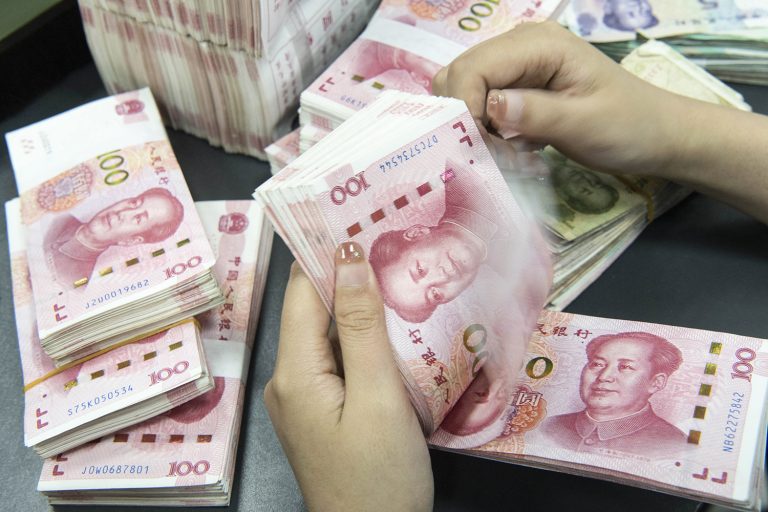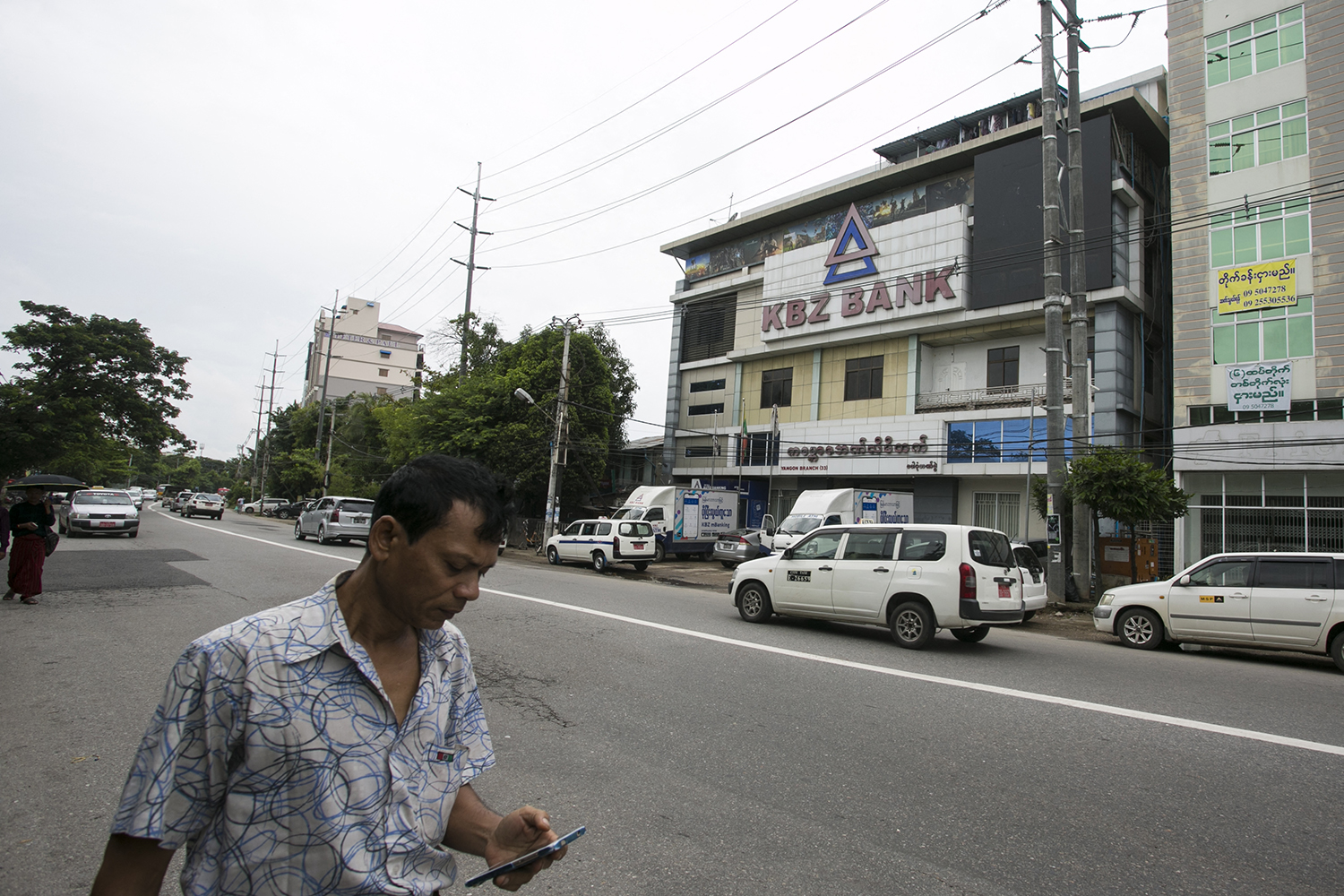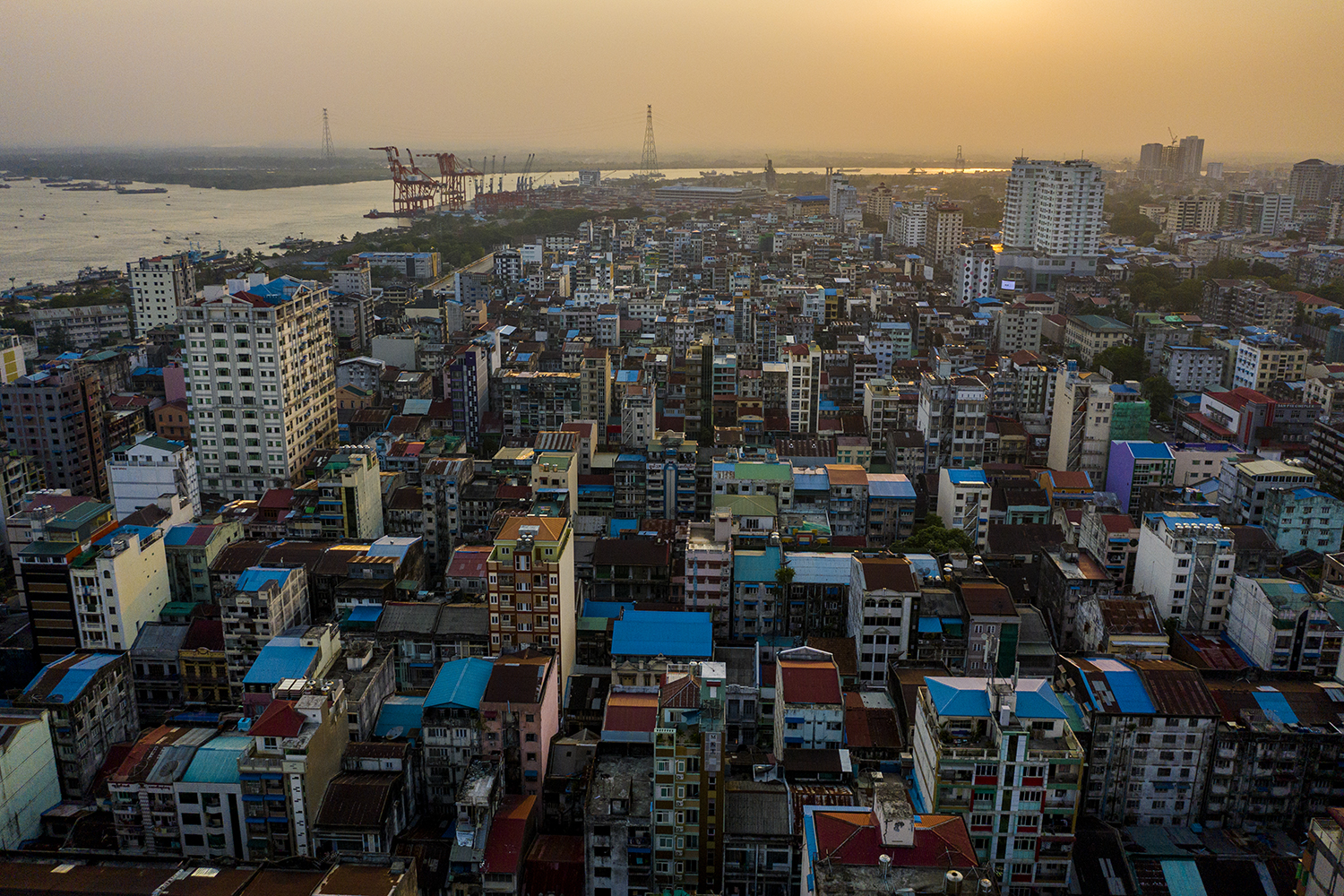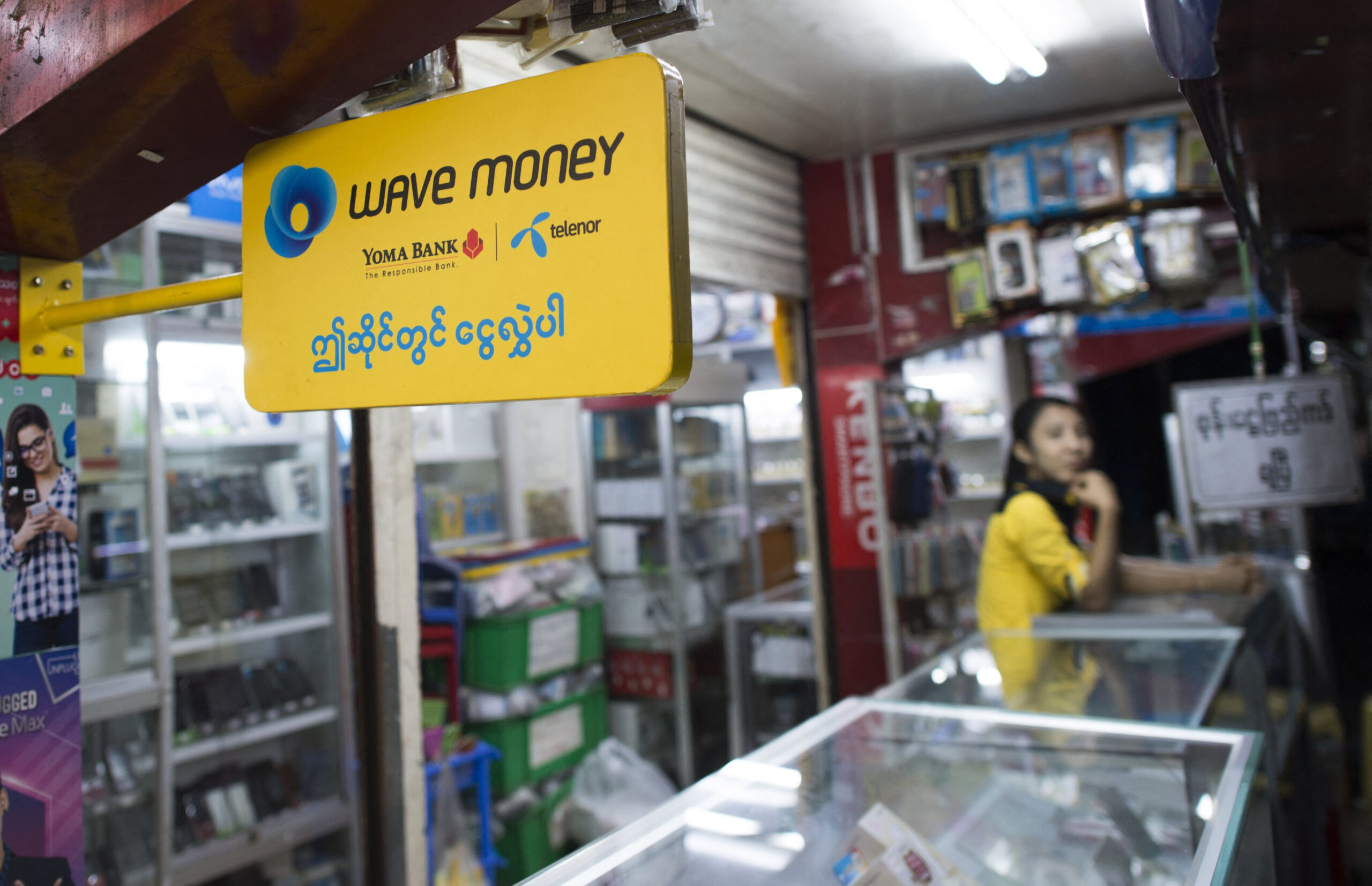The Central Bank of Myanmar has banned hundreds of businesses from handling foreign currencies in a dramatic move it says is aimed at preventing the dollarisation of the economy.
The decision to revoke foreign exchange acceptor and holding licences came into effect on October 19.
The decision, which makes the use of foreign currency illegal at affected businesses, is expected to cause widespread disruption in many sectors of the economy.
Businesses affected by the decision include hotels, restaurants, travel agencies, airlines, duty-free shops, supermarkets, hospitals, freight forwarders, telecommunications companies, beverage makers, the media sector, apartments and all businesses under the military-owned conglomerate, Union of Myanmar Economic Holdings Limited. Souvenir shops are also included and the ban is even reported to apply to free funeral services.
The businesses have been given until November 30 to surrender their licences.
Support more independent journalism like this. Sign up to be a Frontier member.
The CBM said in its statement that the dollarisation of the economy could make the exchange rate unstable and create financial instability.
“Every business must use kyat, the local currency, for commodity and service charges,” the statement said, adding that the CBM wanted to encourage the use of domestic debit and credit cards, internal payment cards and online payment systems.
The CBM foreshadowed in August that a directive requiring all domestic transactions to be in kyat would be issued by the end of the year.
The deputy director-general of the bank’s foreign exchange department, U Win Thaw, said at the time that requiring all transactions to be in kyat would reduce the depreciation of the currency against the US dollar.
When Myanmar adopted a managed currency float in April 2012 the exchange rate was set at K815. The kyat has declined in value against the US dollar this year by about 25 percent and was last trading at about K1,280.
Businesses that rely on tourists will be hard hit by the decision.
“It is an inappropriate decision and the consequences will be huge,” said U Win Cho, who owns some souvenir shops at luxury hotels and duty-free venues.
“The Central Bank said they want to decrease market demand for the dollar. I think it is not true. They want the flow of dollars to be to the banks and the Central Bank, not to other people,” U Win Cho told Frontier.
It would be inconvenient if foreigners had to pay in kyat but if they were only carrying foreign currencies shops would have to refuse sales, he said.
The owner of a handicrafts shop at Yangon’s Bogyoke Aung San Market said the decision was “unfair”.
“Before, we could sell to foreigners with credit cards,” he said. “If my foreign customers buy with their credit cards, we can withdraw the foreign currency from the banks. Now, if the foreign customers pays by their credit card in US dollars, we can withdraw only kyat from the banks. It means the banks are always getting the foreign currencies but not us. Why? It is unfair.”
U Than Lwin, the deputy chairman of Kanbawza Bank, blamed the CBM’s decision on the activities of the licensed dollar holders.
“They will have to pay for their mistakes because they’ve been playing the money market and the dollar exchange rate is skyrocketing,” he said.
Daw Yee Yee Myint, a retired university economics professor, said she believed the main reason for the decision was the CBM’s “limited” foreign currency reserves.
“They are selling foreign currencies daily under the tender system to the private banks, but the market has become used to using foreign currencies, so it will create difficulties,” she said.
Daw Yee Yee Myint said that because the CBM was authorised to control financial market stability it was difficult to criticise the ban as unreasonable.
“The people won’t like this rule because they will lose the things they have gained and they will face difficulties selling things and prices may slump,” she said.
U Soe Tun, who owns foreign exchange outlets, said he doubted that the ban would be enforced immediately.
“The hotels and the restaurants will continue to accept dollars, because it is the culture of this country that if nobody wants to follow a rule, they won’t do it,” he said.
“But if someone hates you and reports you, you could be charged.”






